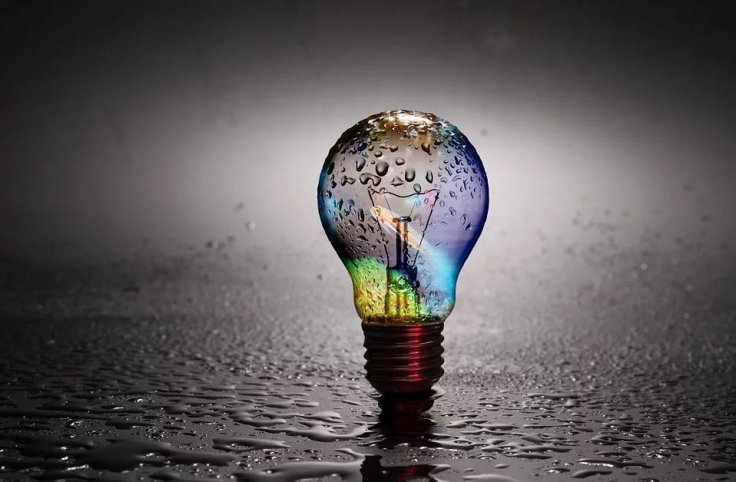Apple on Tuesday unveiled its plan to become 100 percent carbon neutral across its entire business, manufacturing supply chain and product life cycle by 2030, saying that within a decade, all its devices (iPhones, iPads, Mac and Apple Watches) will have net-zero climate impact.
All Apple devices released in the past year were made with recycled content, including 100 percent recycled rare earth elements in the iPhone Taptic Engine — a first for Apple and for any smartphone.
Reducing Emissions

In its '2020 Environmental Progress Report', Apple has detailed its plans to reduce emissions by 75 percent by 2030 while developing innovative carbon removal solutions for the remaining 25 percent of its comprehensive footprint.
"Businesses have a profound opportunity to help build a more sustainable future, one born of our common concern for the planet we share," said Apple CEO Tim Cook. "Climate action can be the foundation for a new era of innovative potential, job creation, and durable economic growth. With our commitment to carbon neutrality, we hope to be a ripple in the pond that creates a much larger change," Cook added.
Apple said it is establishing an 'Impact Accelerator' that will focus on investing in minority-owned businesses that drive positive outcomes in its supply chain and in communities that are disproportionately affected by environmental hazards.
This accelerator is part of Apple's recently announced $100 million Racial Equity and Justice Initiative, focused on efforts that address education, economic equality, and criminal justice reform.
Use of Recycled and Low Carbon

The 10-year Apple roadmap will lower emissions with a series of innovative actions. Apple said it will continue to increase the use of low carbon and recycled materials in its products, innovate in product recycling, and design products to be as energy-efficient as possible.
Apple's latest recycling innovation — a robot the company is calling "Dave" — disassembles the Taptic Engine from iPhone to better recover key materials such as rare earth magnets and tungsten while also enabling recovery of steel, the next step following its line of "Daisy" iPhone disassembly robots.
The company's Material Recovery Lab in Austin, Texas, which is focused on innovative electronics recycling technology, has partnered with Carnegie Mellon University to further develop engineering solutions. Apple said it decreased its carbon footprint by 4.3 million metric tons in 2019 through design and recycled content innovations in its products.
Investing in Accelerated Energy Efficiency Projects
Over the past 11 years, Apple has reduced the average energy needed for production use by 73 percent. Through a new partnership with Apple, the US-China Green Fund will invest $100 million in accelerated energy efficiency projects for Apple's suppliers.
"The number of facilities participating in Apple's Supplier Energy Efficiency Programme grew to 92 in 2019; these facilities avoided over 779,000 annualized metric tonnes of supply chain carbon emissions," informed the company.
Last year, Apple invested in energy efficiency upgrades to over 6.4 million square feet of new and existing buildings, lowering electricity needs by nearly one-fifth and saving the company $27 million. Apple said it has commitments from over 70 suppliers to use 100 percent renewable energy for production — equivalent to nearly eight gigawatts in commitments to power the manufacturing of its products.









